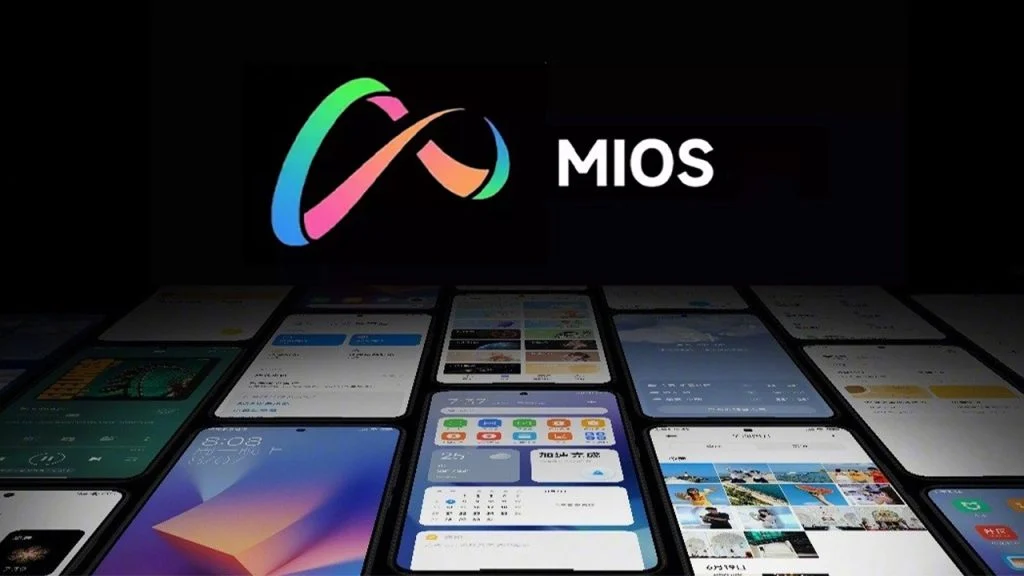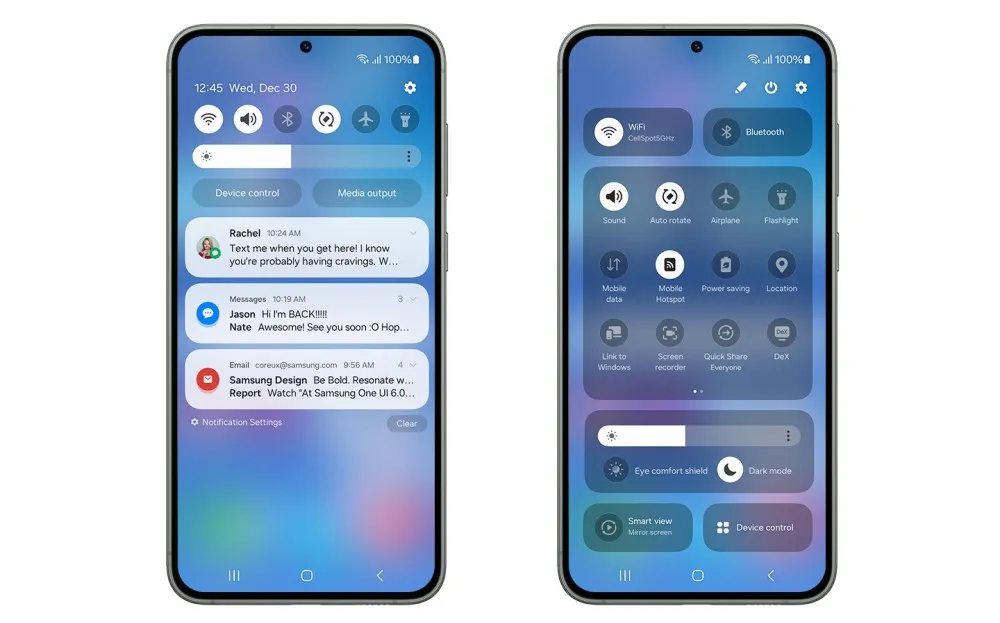Generative AI is being increasingly utilized by Japanese car manufacturers to enhance the development process of new vehicle models. By harnessing the potential of generative AI to generate new variations based on existing data, these companies aim to boost efficiency and potentially reduce planning and design time by 50%.
Embracing Generative AI
Honda and Toyota are at the forefront of integrating generative AI into their operations. Toyota's US research arm employs image-generating AI to analyze car design drawings and optimize both design and functionality by calculating air resistance. On the other hand, Honda, in partnership with Sony, is exploring generative AI for the advancement of their upcoming AFEELA car's advanced driver-assistance systems (ADAS).
Workforce Training in AI Principles
Subaru and Mazda are adopting a more holistic approach by focusing on training their workforce in AI principles. Subaru aims to equip over 4,000 engineers with the necessary skills to leverage generative AI effectively, while Mazda is set to make AI training mandatory for all indirect employees in design and experimental departments by 2025. Mazda's ambitious target is to double overall production efficiency by 2030, a vision that aligns with the rapid advancements in AI technology.
Shaping the Future of Transportation
As the automotive industry races towards developing electric vehicles and autonomous driving technologies, the role of generative AI in accelerating innovation is becoming increasingly evident. This technology has the potential to reshape transportation by facilitating the swift development of unique car designs and functionalities that were previously unimaginable. In the near future, it might not be far-fetched to proudly declare, "My car was designed by Artificial Intelligence," showcasing the evolving landscape where AI becomes an integral part of automotive innovation and design.



